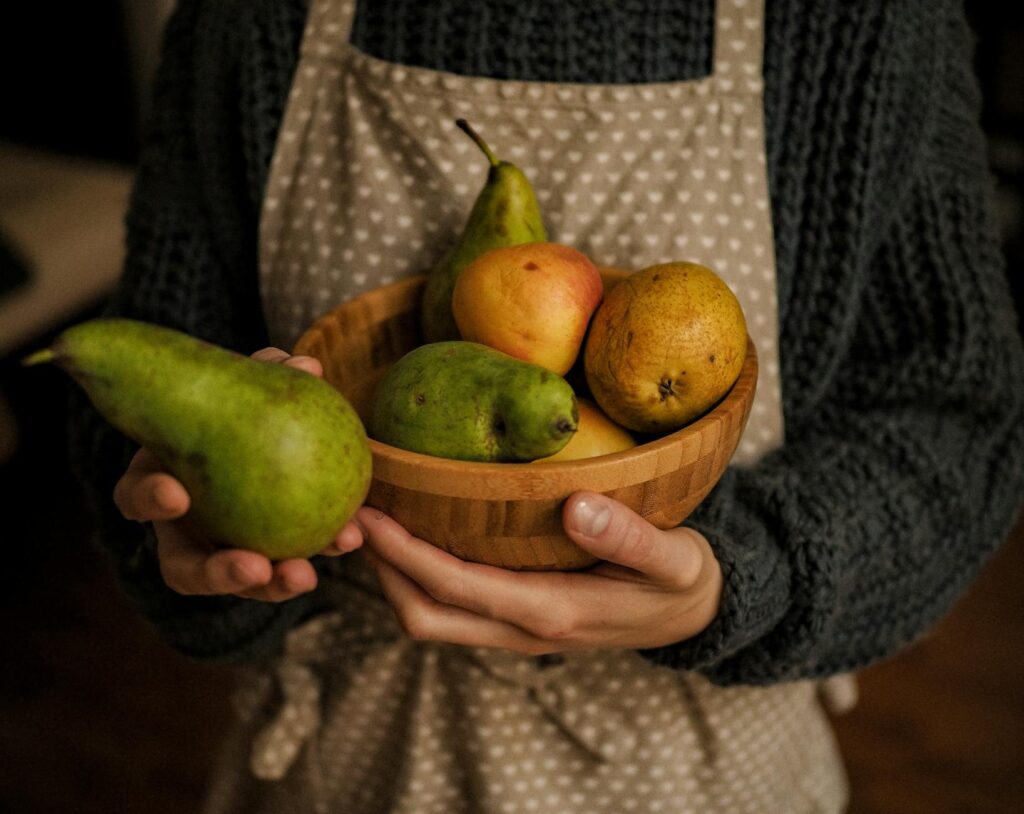The aroma of home cooking, a symphony of sizzling spices and simmering sauces, is a comforting experience like no other. It’s a place where memories are made, families gather, and love is shared, one delicious bite at a time. This blog post is dedicated to the joy of wholesome home cooking, exploring simple recipes and valuable tips to make it easier and more enjoyable.
The Benefits of Home Cooking

Beyond the delicious meals, home cooking offers a wealth of benefits. It allows you to control the ingredients, ensuring freshness and quality. You can tailor recipes to your family’s needs and preferences, avoiding unwanted additives or excessive sodium. Plus, it’s a fantastic way to reduce food waste and save money in the long run!
Planning Your Meals
Effective meal planning is key to successful home cooking. Start by considering your weekly schedule and family preferences. Then, create a shopping list based on your chosen recipes, grouping similar items together for efficient shopping. Remember to check your pantry and refrigerator for existing ingredients, reducing unnecessary purchases. Check out our ultimate meal planning guide for more helpful tips!
Essential Kitchen Tools

Having the right tools makes home cooking significantly easier. A good chef’s knife, cutting board, mixing bowls, and a reliable skillet are essential. Investing in quality equipment that suits your cooking style will elevate your culinary experience.
Simple and Wholesome Recipes
We all crave simple yet delicious recipes. Try our recipe for one-pan roasted chicken and vegetables, a perfect weeknight dinner that’s both flavorful and easy to prepare. For a delightful dessert, explore our selection of healthy and wholesome baked goods. Remember to adapt recipes to your personal tastes; cooking is an art form, not a rigid science!
Incorporating Seasonal Ingredients

Using seasonal produce not only enhances the flavor of your dishes but also supports local farmers and reduces your carbon footprint. Explore your local farmer’s markets for fresh, seasonal ingredients and let their natural flavors inspire your cooking.
Mastering Basic Cooking Techniques
Mastering fundamental cooking techniques, such as sautéing, roasting, and braising, forms the bedrock of wholesome home cooking. These techniques can be used to prepare a wide range of dishes. Learning to properly chop vegetables, for example, significantly improves the cooking process. You can find several amazing online resources to help you hone these skills – check out this helpful cooking guide!
Embracing Leftovers
Embrace the joy of leftovers! Transform leftover roasted chicken into a hearty salad or soup. Repurposing leftovers minimizes food waste and saves you time and effort in the long run. Creativity in the kitchen is key here, so don’t be afraid to experiment!
The Importance of Family Meals
Sharing meals together as a family is invaluable. It’s a time to connect, communicate, and build lasting memories. Create a welcoming and relaxed atmosphere around the dining table, turning mealtimes into opportunities for genuine connection. If you need ideas for involving children in the cooking process, explore this fantastic website dedicated to family cooking!
Wholesome home cooking is more than just preparing a meal; it’s a journey filled with creativity, love, and connection. By embracing simple recipes, planning strategically, and mastering fundamental techniques, you can transform your kitchen into a haven of delicious and nourishing experiences. And remember, don’t be afraid to experiment and have fun along the way! You can also find more inspiration at this amazing food blog.
Frequently Asked Questions
What are some easy recipes for beginners? Start with one-pan meals, simple pasta dishes, or roasted vegetables. Focus on mastering a few basic cooking techniques before tackling more complex recipes.
How can I reduce food waste? Plan your meals, use leftovers creatively, and store your ingredients properly. Check out the tips on reducing food waste on our website.
How do I get my kids involved in cooking? Assign age-appropriate tasks, such as washing vegetables, stirring ingredients, or setting the table. Make it fun and engaging!
How can I save money on groceries? Plan your meals, create a shopping list, compare prices, buy in bulk when appropriate, and avoid impulse purchases.
What if I don’t have a lot of time? Prepare meals ahead of time, utilize quick-cooking ingredients and recipes, and keep your pantry stocked with essentials.
